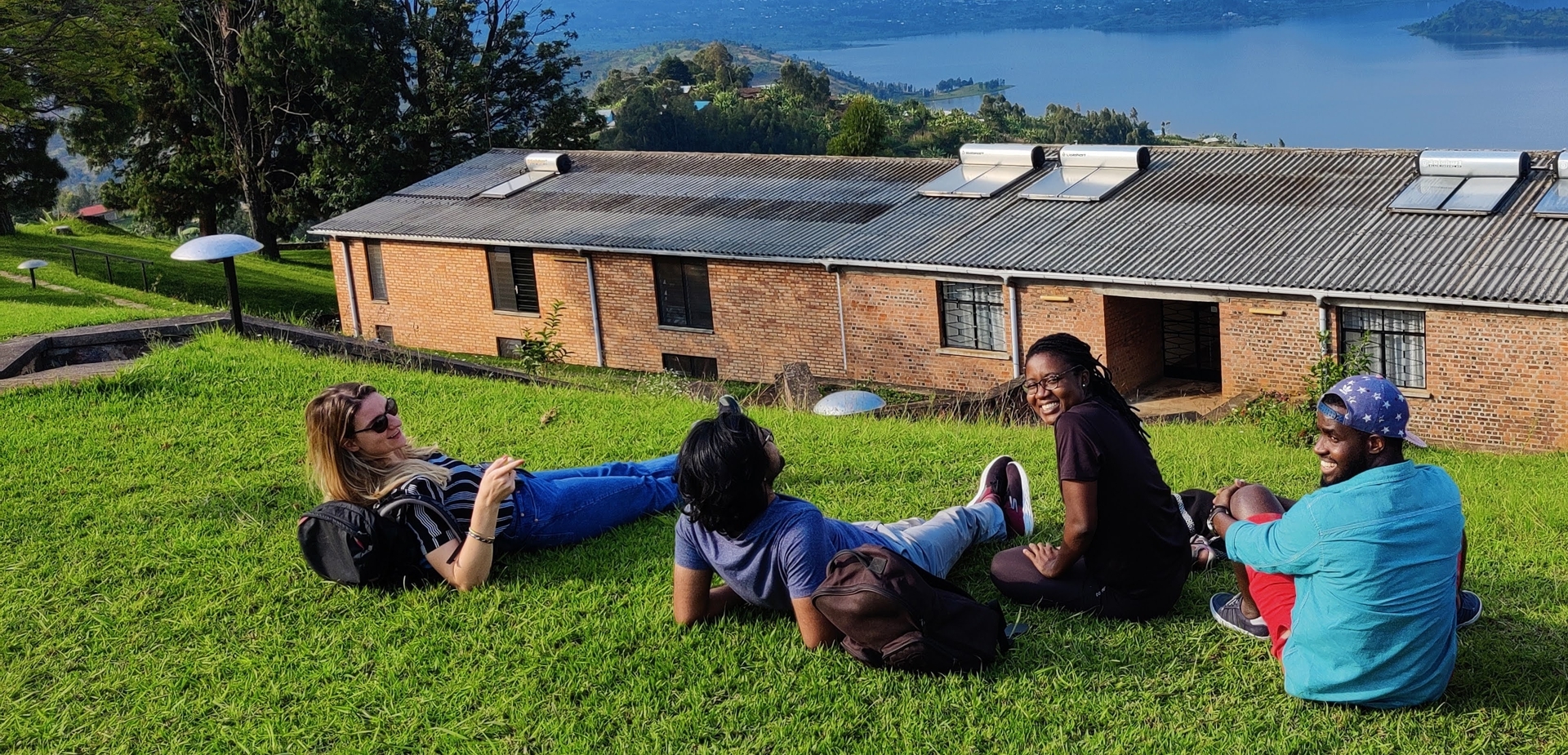This post continues our interview with Beatrice Ani-Asamoah, former Senior Research Associate at Laterite.
You’ve made a career as both a researcher and implementer in the education and development space. What are some of the trends you are seeing in these areas that you are excited about?
In the education sector, the focus in the last few decades or perhaps longer has been on foundational learning. It sounds simple, but it is critical because learning tends to be cumulative. Students struggling in their first few years of education are also likely to be struggling as they get older. So a focus on foundations is key to improving education across the board.
We have made great strides in terms of access to education (particularly at the primary level), and now focusing on how to make sure students are actually learning. Approaches like Teaching at the Right Level (remedial education for students who are struggling) have great potential, and I see more and more of such interventions being piloted and adapted for different contexts, which is incredibly exciting.
In terms of research, I am pleased to see that researchers within the context of education programming or policy are increasingly thinking about how to fully embed learning within the design of programs, leading to a strong focus on the “learning” aspect of “monitoring, evaluation, research and learning” (MERL). Integrating learning into interventions more formatively means that implementers can tweak programs to enhance effectiveness along the way, rather than waiting for the results of, for instance, an endline study.
If you could choose one issue to focus on to improve the education sector in low-income countries, what would it be?
For me a really key issue is systemic scale in education programs. As I mentioned, we are already seeing some very effective education interventions which have the potential to address some of our core challenges. At the same time, our approach to systemic scale is still quite nascent.
Systemic scale is being able to adapt and embed interventions into the existing local systems and structures so they can reach more people long-term. It means thinking about alignment with government objectives, and understanding how to support governments and communities to sustain programming. Do they have the right expertise, infrastructure, fiscal resources and long-term interest needed to sustain the intervention for years to come? In an ideal world, this thinking would inform the design or adaptation of the intervention, although that is not always the case and these discussions often happen much later (too late) in the project life cycle.
What’s next for you?
My time at Laterite has been a great opportunity for me to continue to develop my research skills in a practical way, and to think as a researcher within the broader concepts of education programming. Leading the education dialogue with government during this period has also given me the chance to more deeply explore how we can use evidence to enhance education policy, and create that bridge to connect the two.
Moving forward, I am excited to go back to education programming, and to continue to unpack the ways we can approach systemic scale. Given the many exciting interventions happening in the education space, I hope I can contribute to the work and discourse around how we can support governments to sustainably adapt and scale programs that have been demonstrated to support learning outcomes, especially at the foundational level. I am very excited for the opportunity to apply even more research and evidence-based thinking in this area.
Beatrice Ani-Asamoah was a Senior Research Associate at Laterite Rwanda from September 2019 to October 2021.
